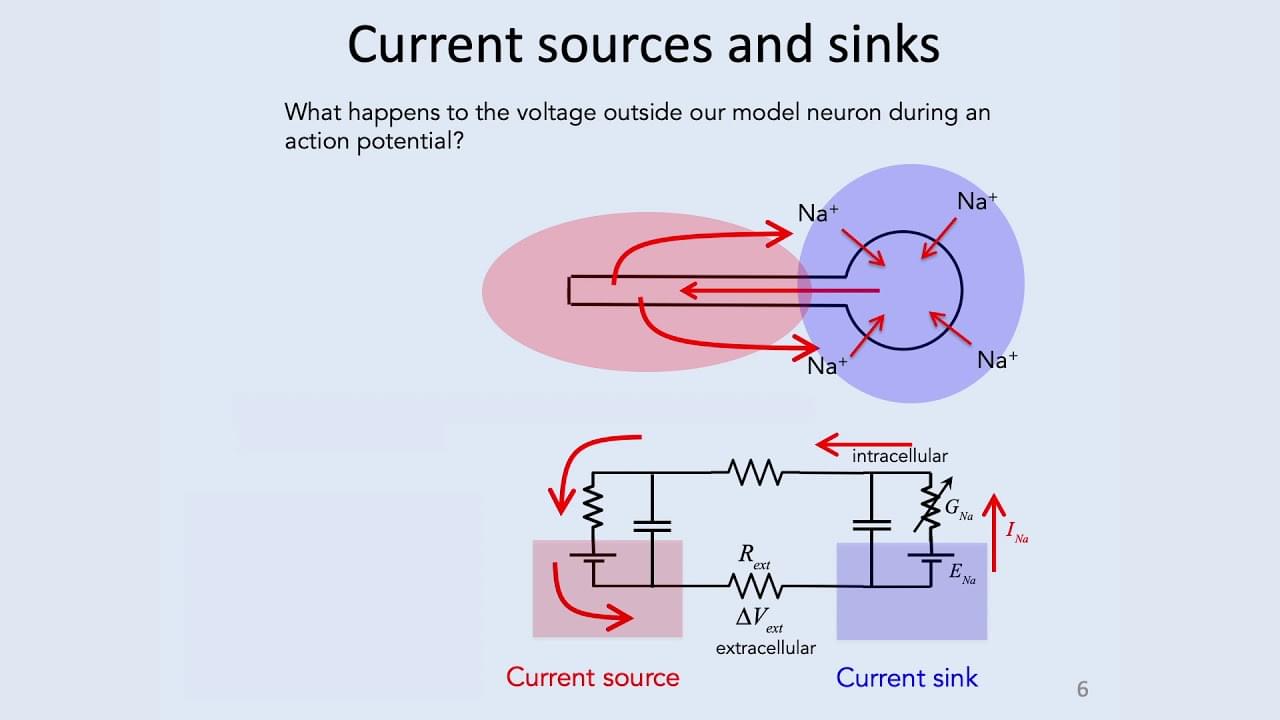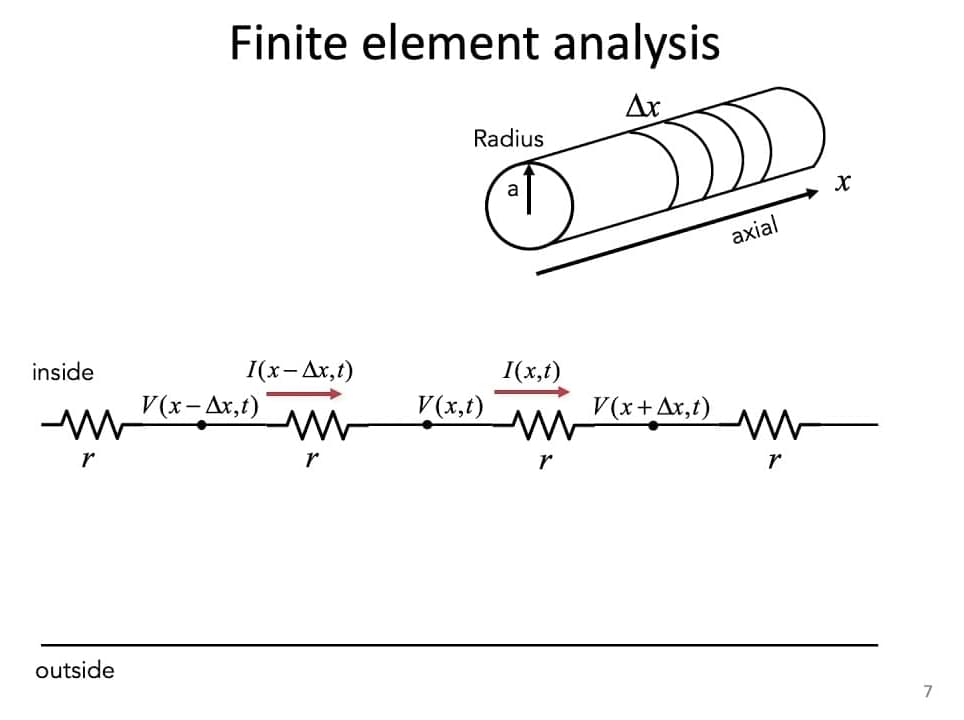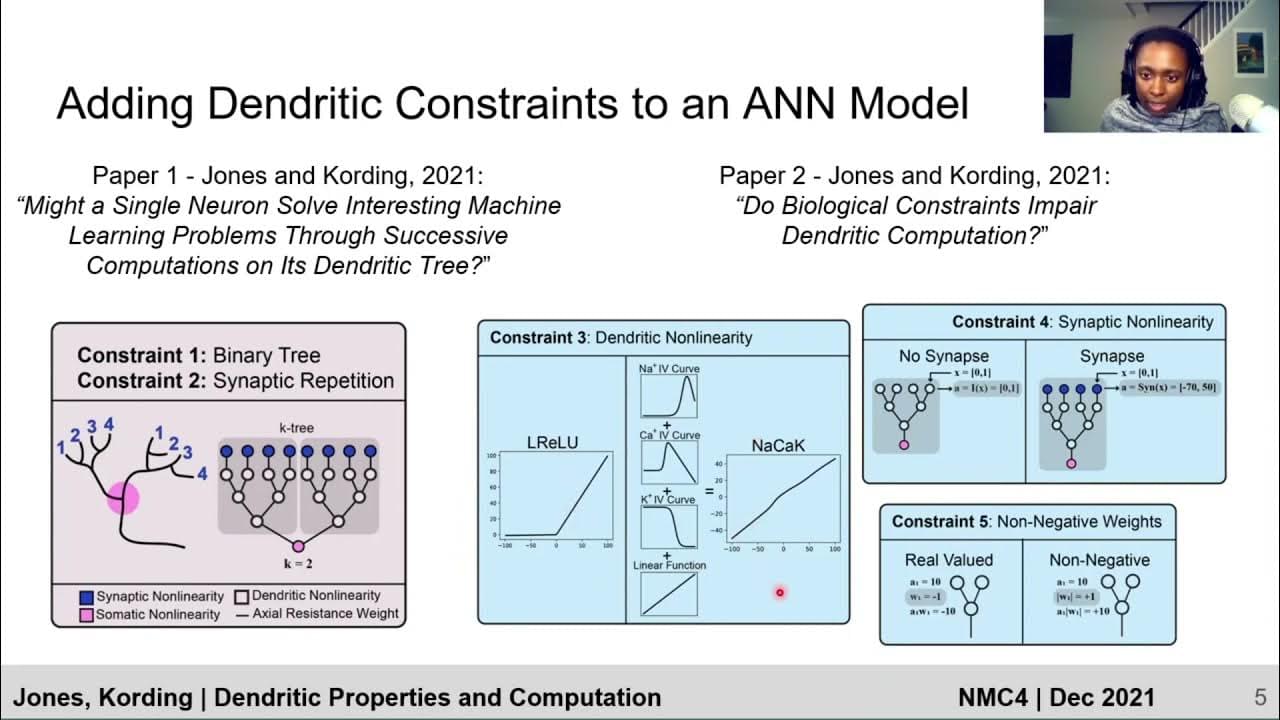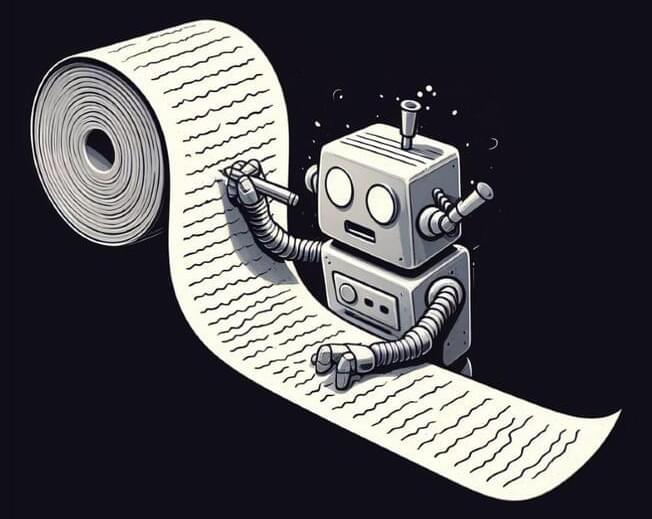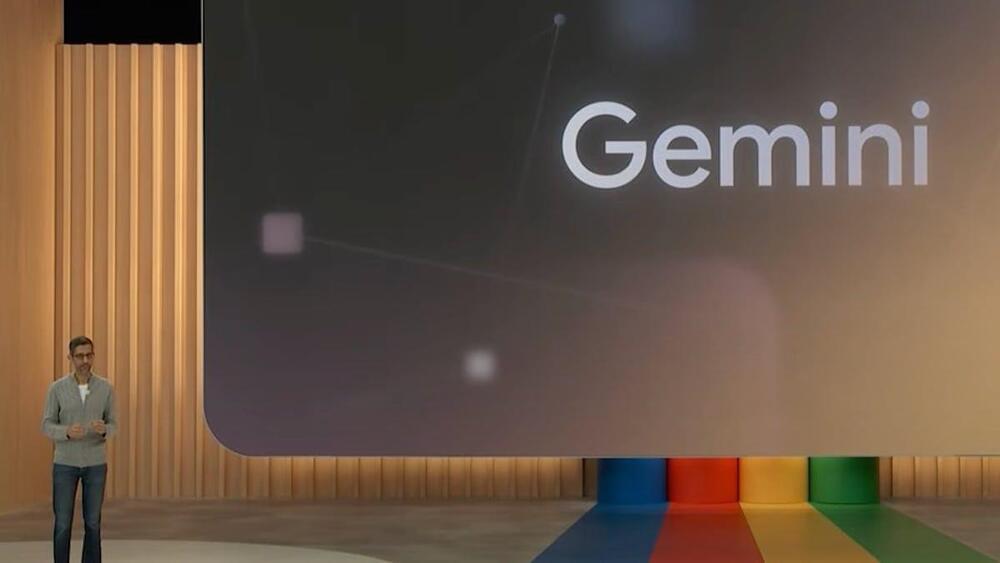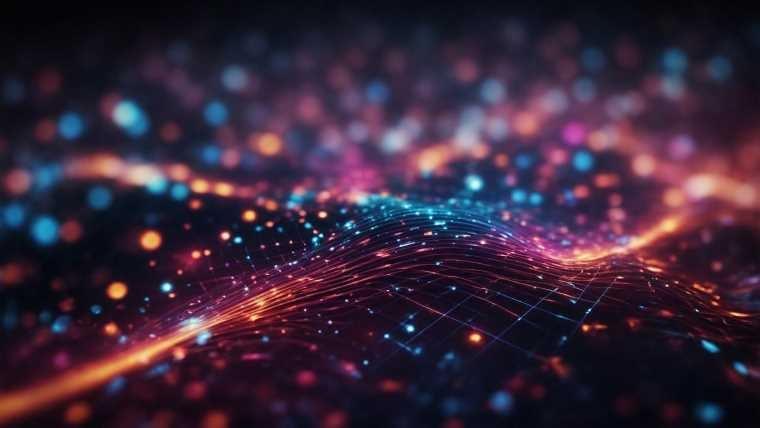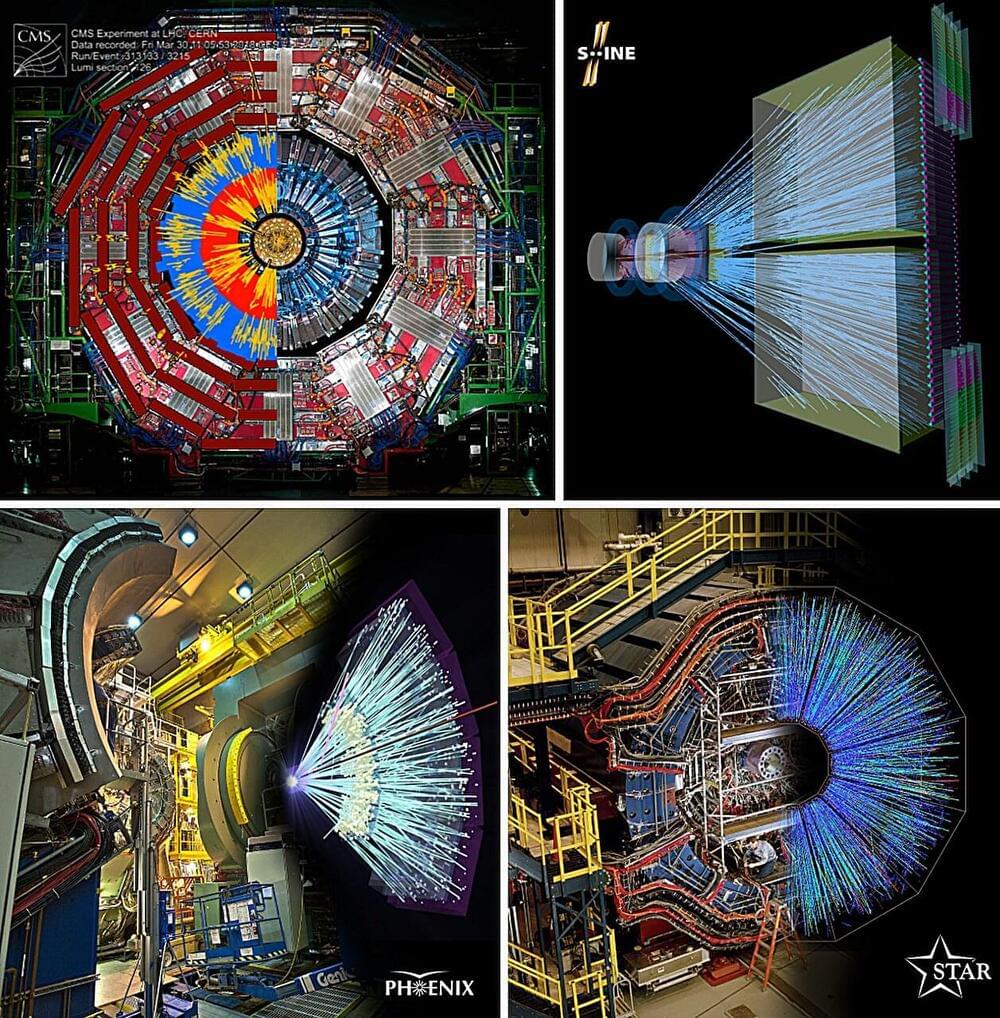Nov 28, 2023
8: Spike Trains — Intro to Neural Computation
Posted by Dan Breeden in category: neuroscience
MIT 9.40 Introduction to Neural Computation, Spring 2018
Instructor: Michale Fee.
View the complete course: https://ocw.mit.edu/9-40S18
YouTube Playlist: https://www.youtube.com/playlist?list=PLUl4u3cNGP61I4aI5T6OaFfRK2gihjiMm.
Covers extracellular spike waveforms, local field potentials, spike signals, threshold crossing, the peri-stimulus time histogram, and the firing rate of a neuron.
Continue reading “8: Spike Trains — Intro to Neural Computation” »
